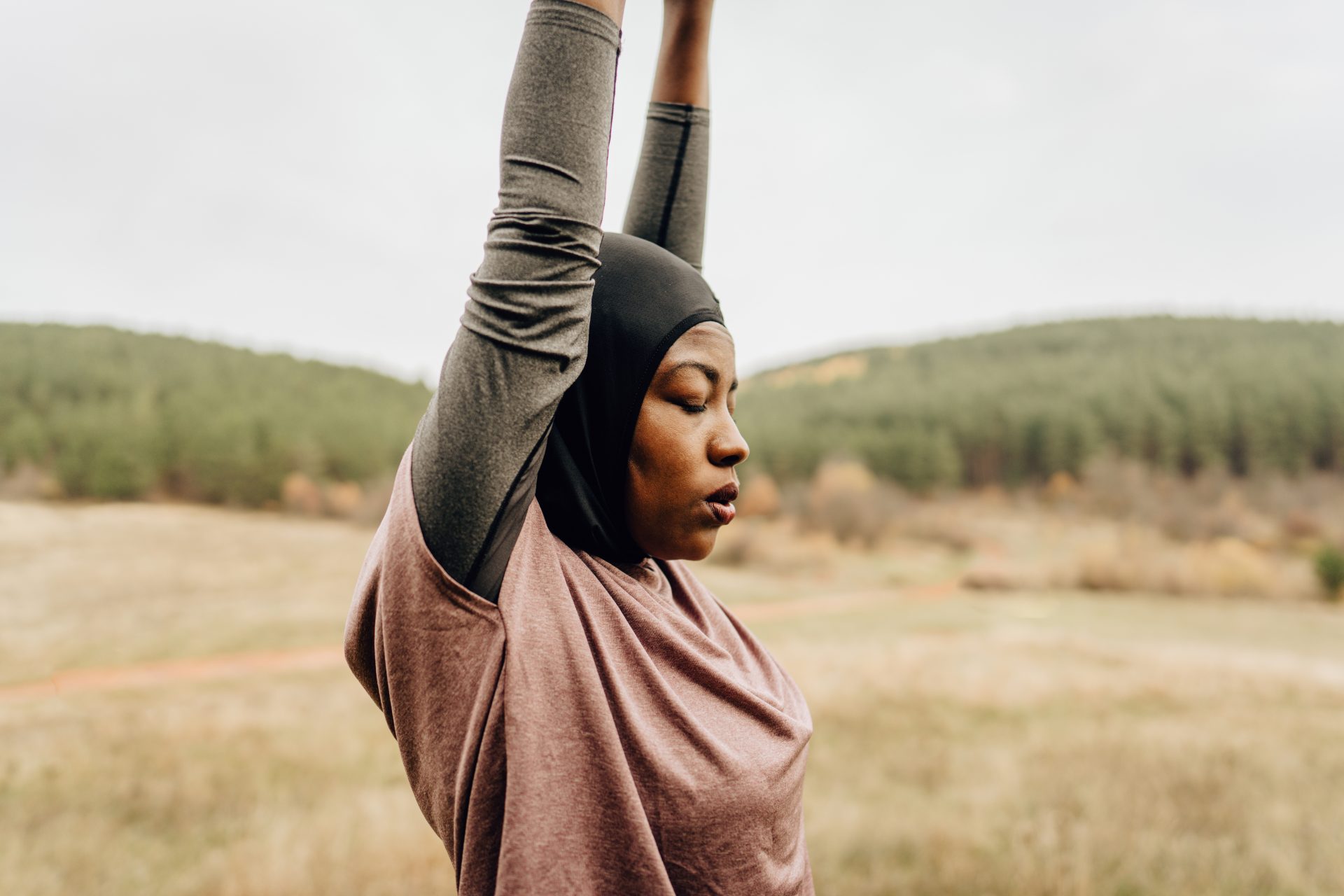Looking to avoid the ‘new year, new me’ chat? These are some simple ways to help you stay in your own exercise lane.
January is one of the coldest, dreariest months of the year – especially after a month of sparkly December festivities. To beat the drudgery, the new year tends to be linked with resetting the clock and switching up our lifestyle. The pressure to subscribe to the whole ‘new year, new me’ mantra can be immense.
Consequently, fitness cliches have become one of the biggest focal points after Christmas. Whether it’s signing up for a new gym membership or setting unsustainable goals, January is rife with potential disappointment.
You may also like
Struggling to exercise? Quiet quitting your fitness regime might be the key to regaining motivation
While feeling energised about a fresh start is a positive step, January noise can detract from achievements we’ve already made the year before. After all, if you’re not starting from scratch, there’s probably no need for the total life overhaul that many brands might suggest. We know there’s power in making workout adaptations to suit our lifestyle and individual goals, so how can we stay on track fitness-wise without feeling overwhelmed by mounting chat about making big changes?
There are a few simple ways to embrace the new year as the same you and to celebrate moving into 2023 in your own way. They’re guaranteed to help you to keepyour motivation on track throughout the entire year – not for just one month.

How to ditch the new year fitness cliches
Focus on what you already enjoy
Janet Malinowska, personal coach at NobleBlu tells Stylist: “If you have a current routine/workout that you follow and works for you, stick to it, and don’t put any pressure on yourself to change that. New year fitness cliches can make us notice the pressure of comparison, but maintaining consistency and therefore feeling positive about your own progress is a far better balance.”
Yoga instructor Dani Binnington adds that the majority of us won’t sustain new year’s resolutions beyond mid-February, so instead recommends: “Make a list of all the things that already work for [you], and expand on that. Whether that’s celebrating walking to work, having a pain-free day or turning up to an online yoga class, it’s the accumulation of small things that can mount up to those big feel-good moments.” Which, let’s face it, we definitely need in January.
You may also like
Circadian rhythm dictates our sleep but it’s ‘ultradian rhythm’ that determines our daily function – here’s why that’s important
Be realistic with your goals for the year
Malinowska urges the importance of being realistic when it comes to moving your body amid the new year noise, because “if you look at what you need and are capable of,you’re not putting unnecessary pressure on yourself and setting yourself up to fail”. And, in turn, that can be counterproductive by setting our fitness goals backwards rather than making us feel motivated to move forward.
Seek professional advice
If in doubt about your ongoing routine, professional support is always a good idea. Malinowska highlights: “Check before you make any changes so that anything new suits your needs. What everyone else is doing won’t always be best for you. At the end of the day, fitness is your journey, and seeking professional advice if you do want to make changes will help you stay consistent too.”
You may also like
Running for beginners: “I tried jogging as my new year’s resolution and discovered that I’m absolutely rubbish at it”
Go easy on yourself (it is winter, after all)
Ultimately, “It’s OK if during the months of January and February we feel a little less energetic,” says Binnington: “Think about it, the earth is resting too; some in the animal kingdom are hibernating. We don’t need to be at full capacity 365 days of the year or constantly pushing our boundaries; instead, there’s value in gathering our energy, to restore and reset our systems.”
Spend time with friends
A sustainable way of trying something fresh fitness-wise – without it needing to come with the pressure of a set new year’s resolution – is by gathering friends and having a walk and a catch-up, or organising a group activity. That means you can support each other and, as Dinnington explains: “When women get together and gather, they release oxytocin, a feel-good hormone that is unique to us and bound to make you feel good.”
Malinowska agrees that getting your friend or partner involved is “a brilliant way of maintaining motivation and feeling happy with the movement you do”. Relevant exercise incentives to hold onto during every month, not just in January – we think they set the tone for our year-round fitness approach perfectly.
Images: Getty
Source: Read Full Article
